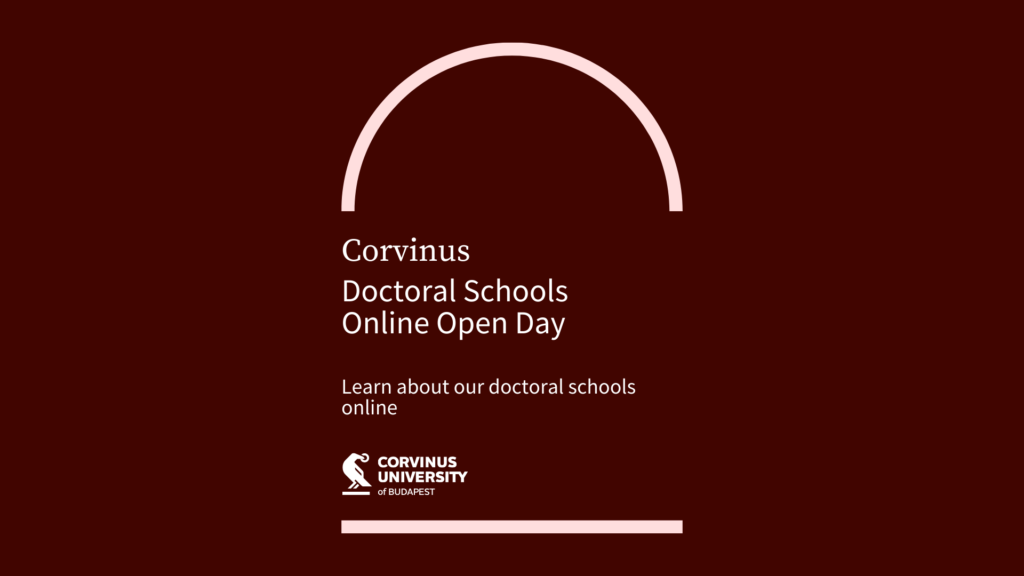
Corvinus Doctoral School’s Online Open Day 2025
Are you interested in a PhD? Do you have questions about admissions? Join our Online Open Day, where the heads of our doctoral schools will share their insights and we will answer your questions!

Director of Doctoral Program
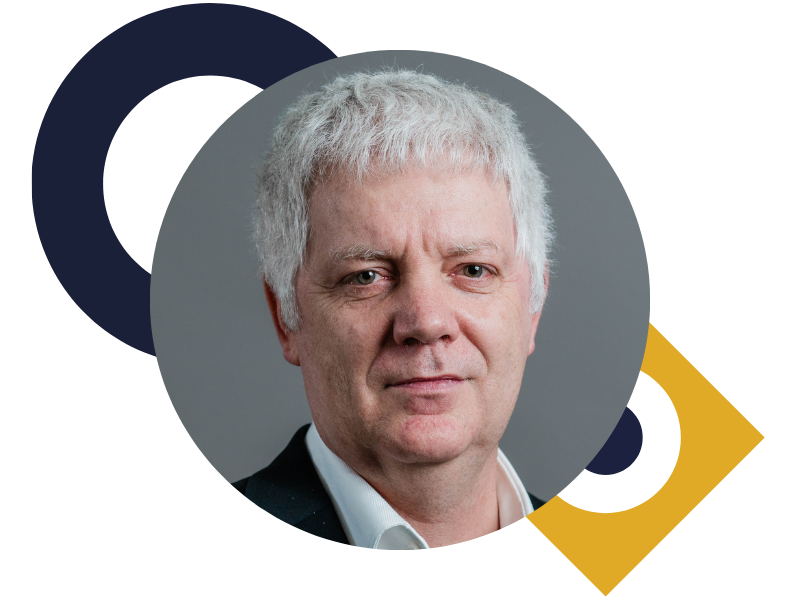
Head of Doctoral School

Are you interested in a PhD? Do you have questions about admissions? Join our Online Open Day, where the heads of our doctoral schools will share their insights and we will answer your questions!
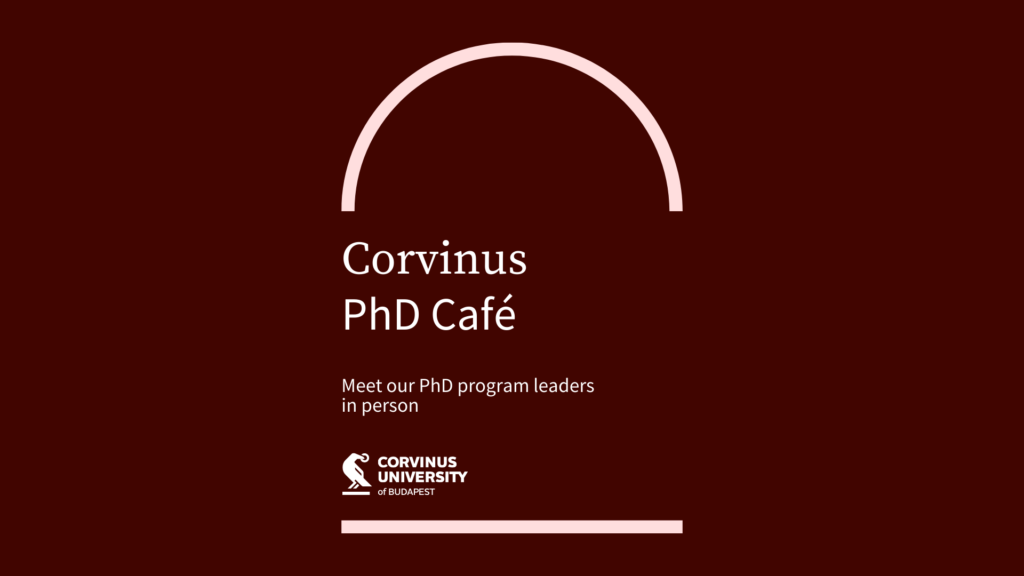
Subscribe to our newsletter to automatically receive the latest information on postgraduate studies and admissions!
The application criteria as well as the general rules of the admission procedure are listed in Section 15 of the University Doctoral Regulations, which is available here.
The list of documents to be submitted is available here!
In the application for admission, applicants must specify which programme they are applying for.
Applicants must consult the Programme Director in advance (before submitting the application file) and must include a written recommendation from the Programme Director supporting the fact of the grant.
Applicants must submit their research proposal in English. The oral interview will be held in English.
The expected length of the research plan to be submitted in the application is 5 pages, excluding references. The proposed structure of the research plan is set out in Annex 2 to the Regulations of the Doctoral School.
The oral exam serves to assess the applicant’s motivation, professional commitment and aptitude to perform educational and research tasks.
The admission decision is based on a preliminary review of the submitted application materials and the outcome of the oral interview.
The evaluation system for the admission examination is set out in Annex 1 to the Regulations of the Doctoral School.
Research topic suggestions for those who are interested in the Management Studies Program.
Those interested in the Management Studies Program are encouraged to plan their research topics in line with one of the main research directions of the institutes that are major contributors to the program (Institute of Entrepreneurship and Innovation, Institute of Strategic Management). These include:
Subscribe to our newsletter to automatically receive the latest information on postgraduate studies and admissions!
Office: Building E room 235.
E-mail: gdi_phd@uni–corvinus.hu
Please make an appointment by email before a personal consultation!

Director of Doctoral Program
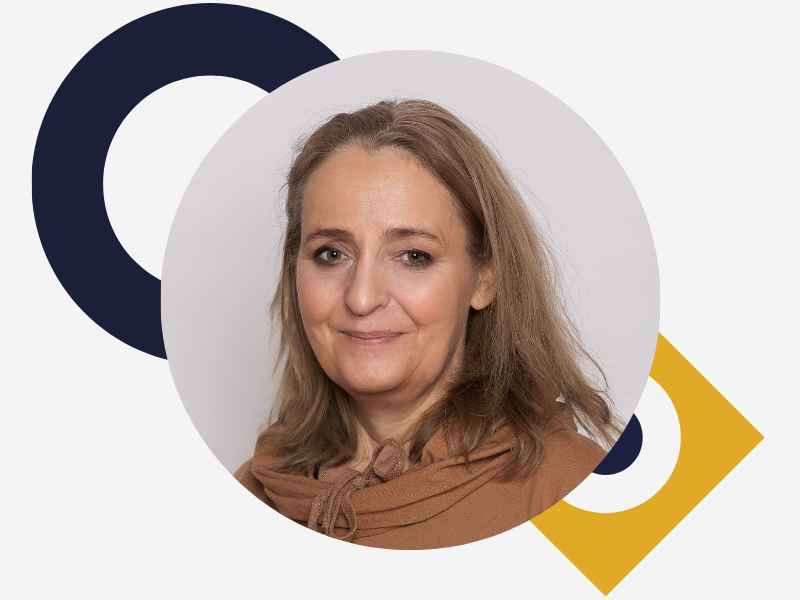
PhD procedures expert - study affairs and thesis draft defence

Head of Doctoral School
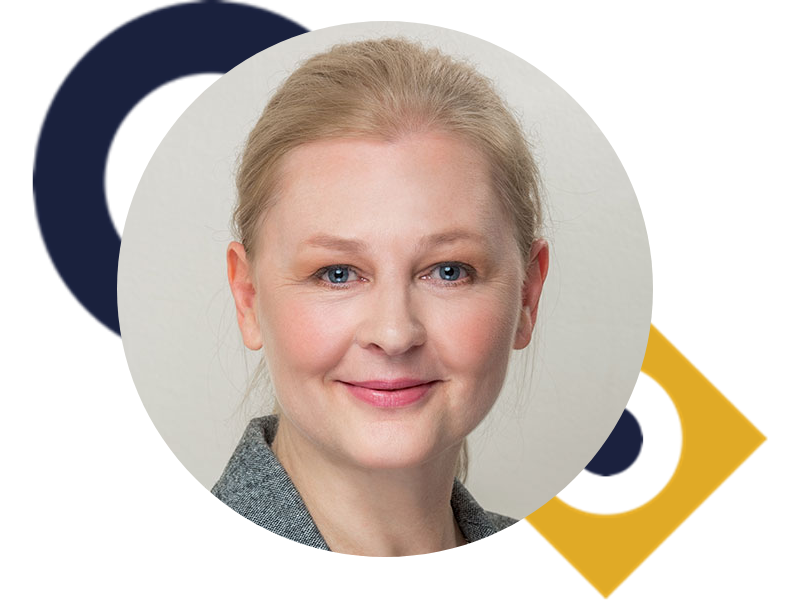
PhD procedures expert - final dissertation submission and defence